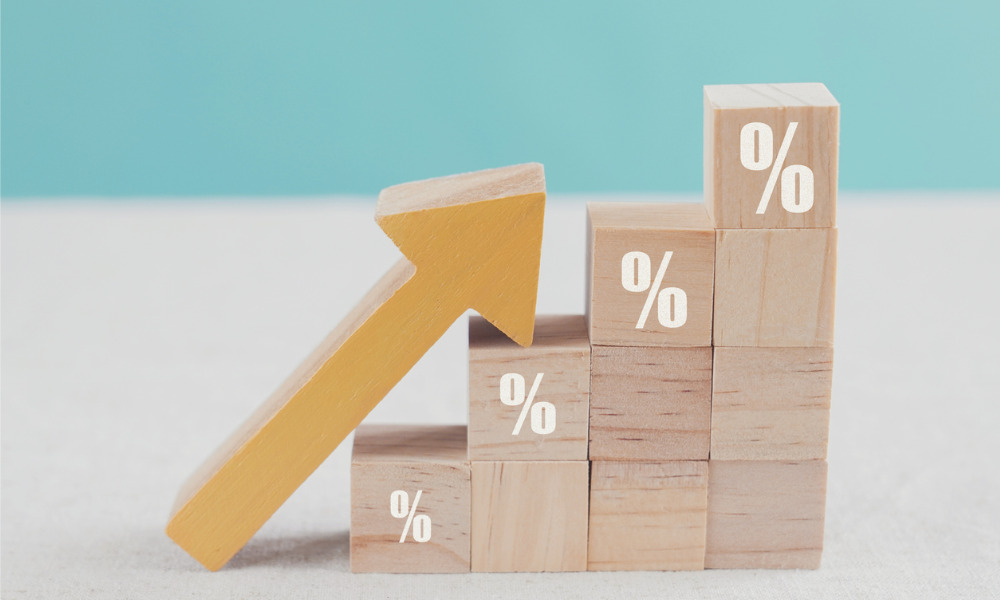

Vice President Kamala Harris is advocating for a corporate tax rate increase to 28 percent as part of her presidential campaign.
The proposal, reported by multiple news outlets, seeks to reverse a portion of former President Donald Trump’s 2017 Tax Cuts and Jobs Act, which reduced the corporate tax rate from 35 percent to 21 percent.
Harris’ plan aims to generate significant revenue to fund her economic agenda while addressing wealth inequality.
In a statement to NBC, Harris campaign spokesperson James Singer emphasized that the tax increase is intended to be "a fiscally responsible way to put money back in the pockets of working people and ensure billionaires and big corporations pay their fair share.”
The campaign argues that raising the corporate tax rate would bring in hundreds of billions of dollars over the next decade. The nonpartisan Congressional Budget Office estimates that a 1-percentage-point hike in the corporate rate could raise about $100 billion in revenue over ten years.
This proposal marks Harris’ first concrete effort to finance her broader policy platform since launching her presidential bid. The increase aligns with President Joe Biden’s similar stance, though it’s a watered-down version of Harris’ 2020 presidential campaign proposal, which called for fully repealing Trump’s tax cuts and returning the corporate tax rate to 35 percent.
Harris’ plan comes on the heels of her recently announced economic package, which focuses on providing relief for middle- and lower-income families. The package includes measures to make housing, groceries, health care, and child rearing more affordable, while also offering expanded tax credits.
Estimates from the Committee for a Responsible Federal Budget suggests that raising the corporate tax rate could help reduce the deficit by $1 trillion over the next decade, while Harris' economic package would carry a price tag of $1.7 trillion over the next 10 years, reported CNN.
Former President Trump has taken a stand at the opposite corner of the fiscal policy ring, promising further tax cuts, including lowering the corporate rate to as low as 15 percent if he is re-elected.

Canadian stocks are on a roll in 2025 as the country prepares to name a new Prime Minister.

Two C-level leaders reveal the new time-saving tools they've implemented and what advisors are doing with their newly freed-up hours.

The RIA led by Merrill Lynch veteran John Thiel is helping its advisors take part in the growing trend toward fee-based annuities.

Driven by robust transaction activity amid market turbulence and increased focus on billion-dollar plus targets, Echelon Partners expects another all-time high in 2025.

The looming threat of federal funding cuts to state and local governments has lawmakers weighing a levy that was phased out in 1981.
RIAs face rising regulatory pressure in 2025. Forward-looking firms are responding with embedded technology, not more paperwork.
As inheritances are set to reshape client portfolios and next-gen heirs demand digital-first experiences, firms are retooling their wealth tech stacks and succession models in real time.
